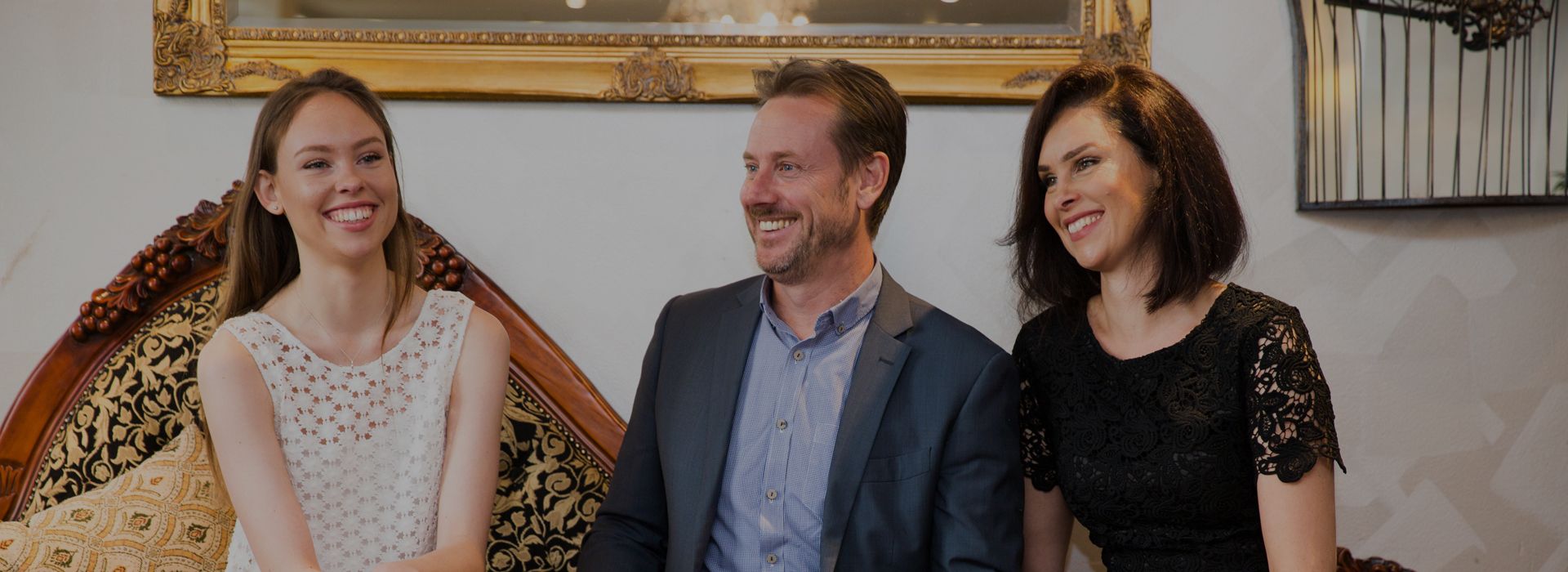
08 May How to Bounce back from Failure and How can PSYCK-K® Help?
We are all going to have times in our life when we fail! It’s just part of being human and living a full, rich life.
Maybe you bombed in a job interview, or had a date that went pear-shaped, or maybe you hosted a dinner party where your culinary skills did not live up to your normal standards.
Or maybe it’s something more profound, such as unsuccessful IVF treatment or hospitalisation after an accident.
It’s how we can bounce back from failure and gain wisdom and insight that make it more than just a negative experience.
There are many modalities available that can help you put the perceived failed event into context, but PSYCH-K® is the one that is the most powerful and permanent. I see many clients and women in my Adelaide Clinic, and they can get fixated on having a perfect life, which can be a set-up for failure.
So, dealing with the idea of perfectionism is important in the process of learning through the experience of failure.
Your beliefs are the foundation of your personality. Your beliefs also have far-reaching consequences, both positive and negative in your life. It is imperative that we know how to change our beliefs that are limiting us into beliefs that support us. That’s what PSYCH-K® is all about!
So, if something fails to go our way, we often process this experience based on our self-belief that we weren’t good enough in the first place.
This often makes our sense of failure even more profound.
Elizabeth Day, author of the book and podcast “How to Fail” shares this practical tip:
Treat failure as data acquisition. For example, if a scientist who is trying to develop a cure for a disease carried out an unsuccessful experiment, that scientist would be able to gain insight for the next experiment that would ultimately bring them closer to finding a cure.
So, for example, if you didn’t get that job/promotion after you did badly in the interview, learn from what happened and adjust things for next time.
When your internal critic is telling you how rubbish you are, take a step back and look at the whole picture. You may have failed in a, specific way, but that doesn’t define all of you.
Replace negative internal dialogue with more positive and kind thoughts.
The more you understand these points, and the more you change behaviours, thoughts and beliefs, the more emotional resilience you develop and the stronger you become.
You’ll start to realize that failing can be OK, because it sharpens your skills to thrive and learn lessons for the future. Ask yourself these questions below:
- How do you handle failure?
- Have you had any negative feelings around this issue?
- What are your strategies on bouncing back?
- Do you feel limited by perfectionism and your ability to learn from failure?
- Are you able to be analytical and logical in your assessment of your failures?
- Do you meet failure head on and take in wisdom and move on?
If you want to be someone who naturally learns from failure, I can help you, so I look forward to talking about this with you in my Hypnotherapy Clinic in Adelaide.

